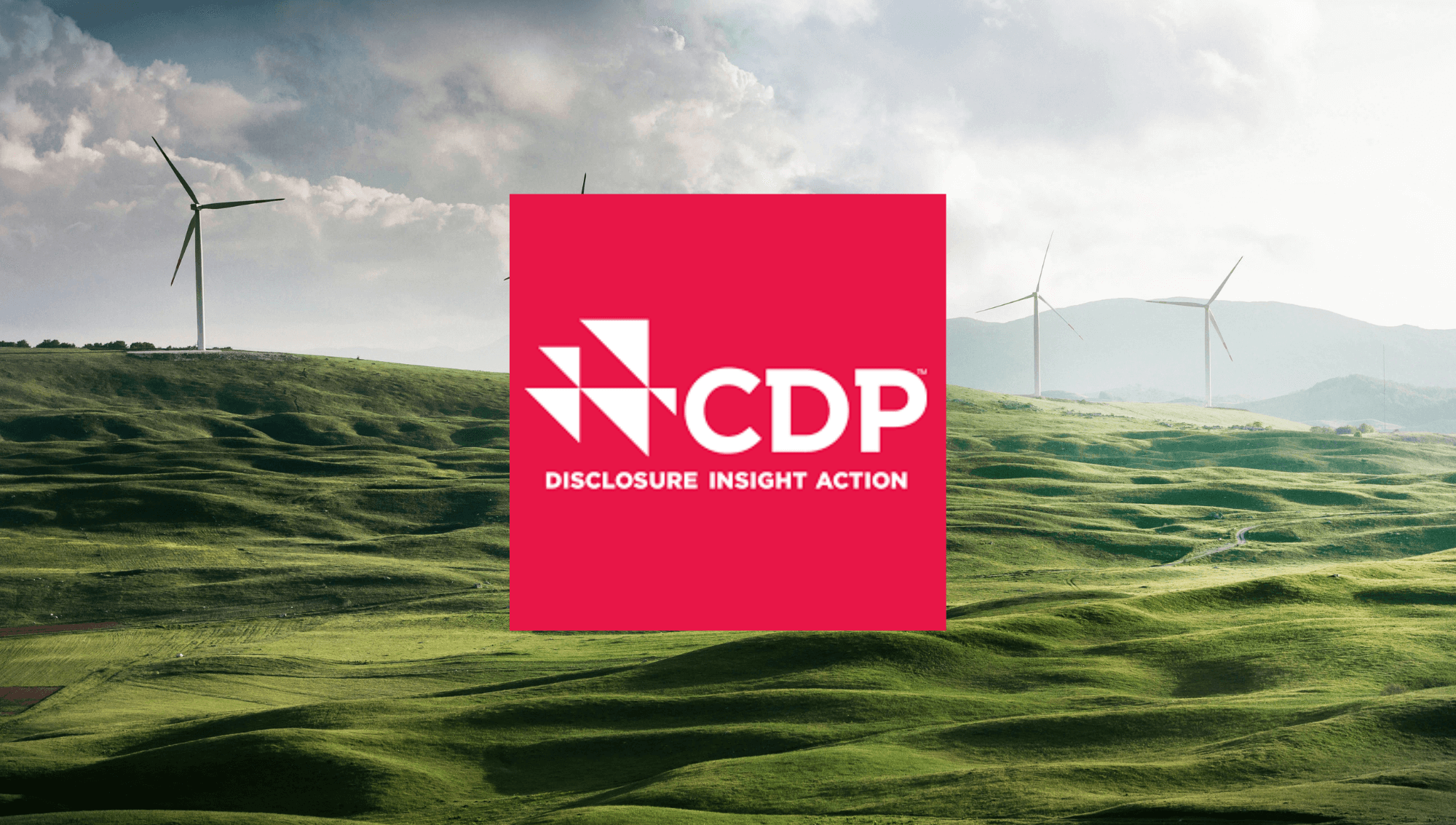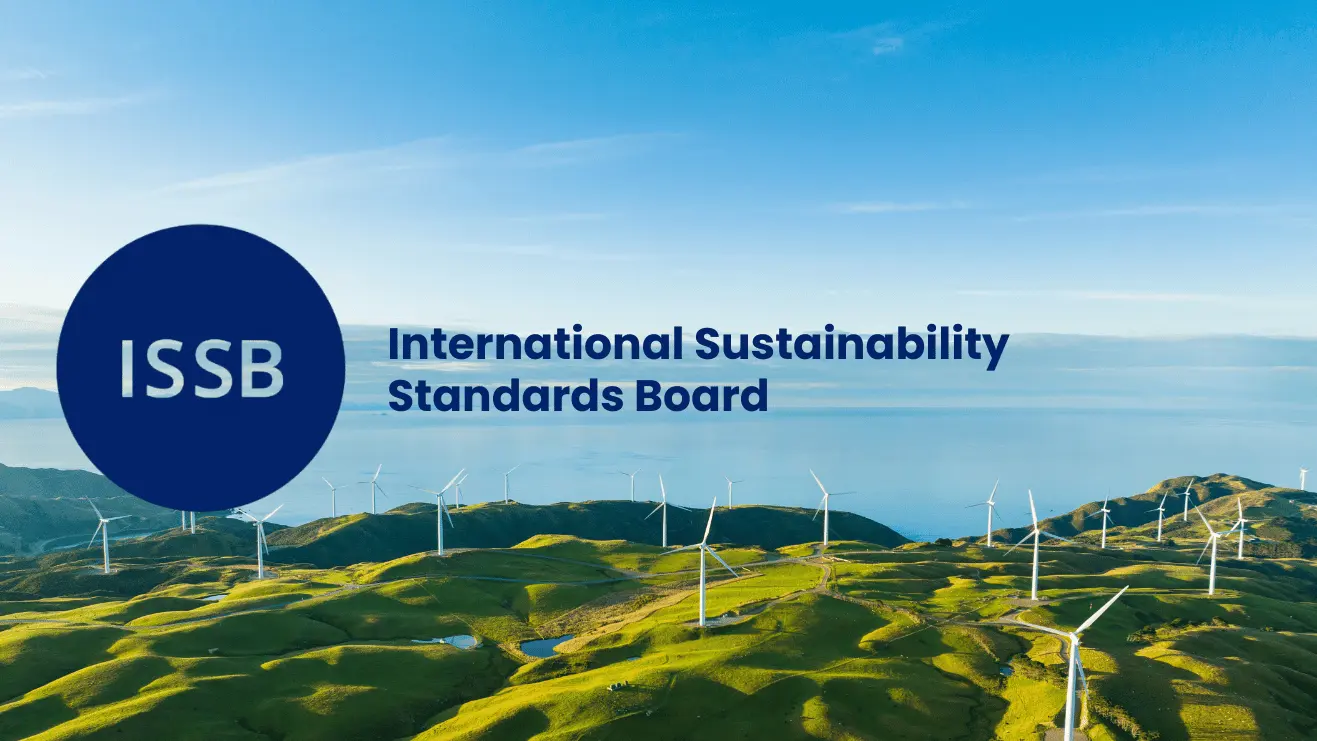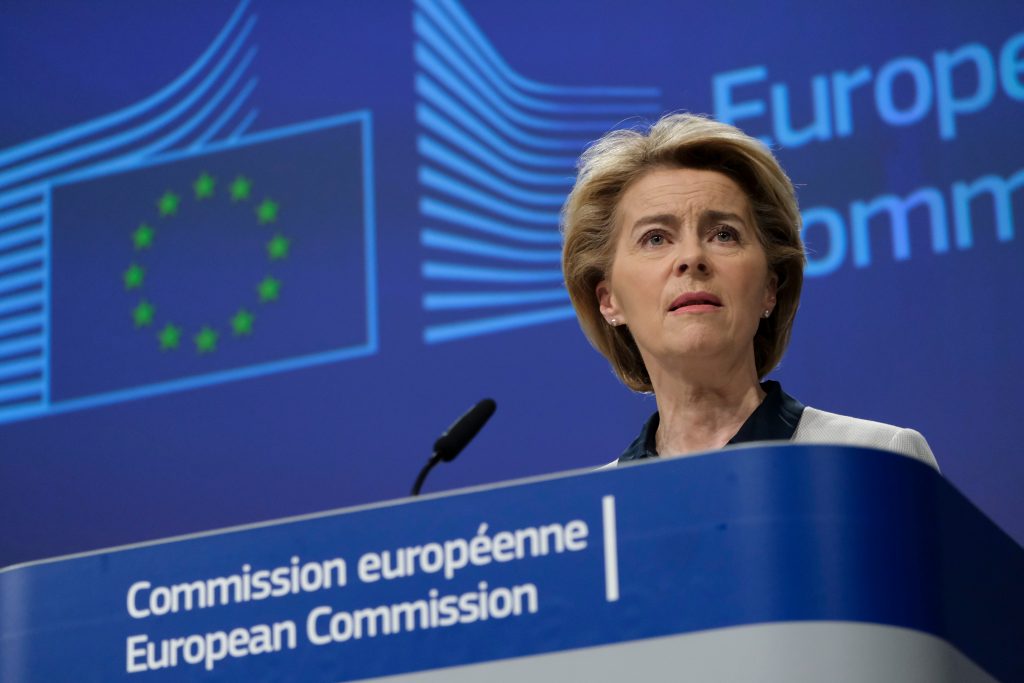Selinde Dulckeit UNFPA Director of Communications, with Anjali Kwatra (UNDP, Director of Advocacy, Marketing and Communications) live at Cannes Lions Festival on Climate | SAWA – UNDP “Don’t Choose Extinction” Campaign
Public-Private Partners convene at Cannes for launch of SDG Lounge at International Creative Festival hosted by SAWA, UNDP, PVBLIC and ESG News
INTERVIEW TRANSCRIPTS:
Selinde Dulckeit UNFPA Director of Communications, with Anjali Kwatra (UNDP, Director of Advocacy, Marketing and Communications)
Anjali Kwatra, UNDP, Director of Advocacy (00:00):
Hi, everybody. Welcome to the SDG Media lounge here at the Canne Lion festival. I’m Anjali Kwatra. I’m the Director of Advocacy Marketing Communications at UNDP. And I am really happy to be joined today by Selina Dulekeit, who is the Global Head of Communications at the UNFPA, which is the UN sexual health and reproductive agency. So Selinde is, uh, no stranger to the Canne Lions. She has worked in, in PR for 20 years across Asia, Europe, America, uh, before she came to the UN. So, uh, thanks so much for having me. Hi, great to meet. Have you, so can you tell us a little bit more about U N F P A before we get started?
Selinde Dulckeit UNFPA Director of Communications (00:38):
Yeah, of course. So U N F P a, as you said, is the sexual reproductive health agency. Um, and that means that we work in, um, countries around the world, 150 countries around the world, uh, primarily on programs that provide access to contraception, um, programs to end maternal mortality, um, and a lot of programs against violence against women and other harmful practices like child marriage, uh, female genital remediation, as an example, obviously our work in violence against women is really, uh, relevant to what we’re talking about today.
Anjali Kwatra, UNDP, Director of Advocacy (01:10):
Right. So we are gonna talk about a specific issue that you’ve been working on today. Yes. So I think before we get into it, we’re gonna show a film, which I think talks about the issue. Yeah,
Selinde Dulckeit UNFPA Director of Communications (01:19):
Great. It’s a case study. Yeah.
Video Playing (01:28):
Years. My two years, five months after I got a text from a random number saying that they had seen, he was my first boyfriend, my first sexual experience, first, everything one time took a Photo. I think this is really She’s great. Never gonna share with anyone. And then eventually sending pictures became a normal part of our relationship and it became really funny way to express my sexuality and share that with when I, he began stalking me for months, just to get me to keep talking to him. When none of that worked, he started threatening me to find naked pictures. It was February 26th, 2015. And I got a text from a random person saying that they had seen me on porn. That’s when I found a porn profile with my name, address, phone Pictures that I sent to my ex, as we see so common for women to have our sexuality weapon against us. I realized that that’s what he was. Although at the time it was just pure panic. Like what do I do? My town judge told me that when you send, make pictures to one person it’s like asking. So I was being victim blamed within the first hour of Family found Goldberg was today, my boss. But back that became my lawyer when I did the first thing she said to me was, I just want you to know this isn’t your fault. It was the first time anyone. So now I’m the client relations manager here. I’ve met hundreds of survivors and tech facilitated abuse and sex friends. At the end of the day. I’m not going tell to tell people not to send naked pictures. What I will say is you should know your rights. If the consent was just cause you took naked pictures, doesn’t mean you deserve to have them out there. You can do everything possible to try to protect yourself, to let the externally placed on victims, sex crimes, to realize that it’s not my issue.
Anjali Kwatra, UNDP, Director of Advocacy (04:03):
Wow. That is a really hard hitting video. Like the first time I saw it, I was actually quite taken aback by the kind of trauma that, that online violence can cause. So totally. It’s amazing that you’ve taken up this issue. Can you explain what the campaign is all about?
Selinde Dulckeit UNFPA Director of Communications (04:16):
Yeah, Absolutely. I mean, it is a really, um, uh, difficult, um, issue to deal with. And I think a lot of people don’t really understand, first of all, how prevalent it is. Mm-hmm <affirmative> um, online violence, um, a study, uh, from 2021, uh, shows that 85% of women globally have witnessed other women being the victims of online violence and 40% have experienced it themselves. So it’s hugely prevalent. Um, so it’s a massive, massive problem. And the, the, the campaign itself, we really looked at this issue of non-consensual use of imagery and tried to figure out like, you know, when it happens to you and you wanna get photos taken down, what do you do? Uh, well we realize it’s very, there’s very little. You can do. There are no, there aren’t universal laws against it. Tech platforms have some reporting functions they’re slow. You don’t really have rights.
Selinde Dulckeit UNFPA Director of Communications (05:11):
So where you might think you own your body in the real world, um, online, you do not own your body. Mm-hmm <affirmative>, um, you don’t have a right necessarily to have those photos taken down. So as we were thinking about why we thought, well, why is it then that if you own intellectual property, you have a right to that intellectual property. And society has figured out a way to make it illegal, to infringe on it. So there are laws against copyright infringement, tech platforms seek out infringement, illegal use of logos, film, music, whatever, and they monitor it. So it must be possible is what we’re thinking. So what we did with the campaign is we played on this idea of copyright. We took a concept that people implicitly understand and said, well in, we should all have a body, right. We should be able to own our body online. This is so it’s a B in a circle, like the C in a circle. So basically taking a common concept and reframing the conversation to draw attention to the issue of online violence. Mm-hmm
Anjali Kwatra, UNDP, Director of Advocacy (06:14):
<affirmative> and why now, because I mean, this is something that has been around for, for a while, but I suppose, is it becoming more and more prevalent? Like what’s the kind of timing on this?
Selinde Dulckeit UNFPA Director of Communications (06:23):
Yeah. Well, one thing has been around for a while. It feels like the new frontier for violence. Um, but in fact it has been around for a while, but the pandemic definitely made things worse. So we know that violence against women in every context increased during the, the pandemic and, um, online usage skyrocketed 50 to 70%. And so with that, sadly, online violence in all of its various forms.
Anjali Kwatra, UNDP, Director of Advocacy (06:52):
And can we talk about the impact of this kind of violence on people with marginalized identities? Because it seems that those could be some of the most vulnerable, so does the campaign, how does it bring them into this?
Selinde Dulckeit UNFPA Director of Communications (07:03):
Yeah, I mean, there are a couple of different ways to look at this. I think that, first of all, if you’re talking about the, the victims and survivors of this, right, um, first of all, virtual violence is violence. That’s the main thing that we need to understand the trauma that you experience when this happens to you is in many ways, similar to all other kinds of trauma, the brain doesn’t always know exactly. Was it physical? Was it virtual? And even while physical violence is different, in some ways virtual violence has the unique characteristic of being repetitive and living in perpetuity really over and over and over and over and over again. Um, and with very little recourse to action. So this has emotional impact, psychological impact. Um, so that’s on the individual. Um, but then you can also think about it from a broader perspective and say, so what happens when you’re violated in a space?
Selinde Dulckeit UNFPA Director of Communications (08:01):
You don’t go there. Yeah, you, you retreat. So there’s this so-called silencing effect that happens. Um, and the silencing effect is bad for the individual. Um, and you know, we are talking about when we talk about the victims here, we’re talking about, um, vast majority are women and girls and also people of marginalized identities. So, uh, members of the LGBTQ community, um, ethnic and racial minorities, um, uh, people with disabilities, any sort of marginalized identity and the more of those you have, it’s an intersectional problem just like in real life. Right? Yeah. Um, so when that happens and that silencing effect happens, you kind of move from, and just an individual impact to society losing out on those voices, because they are retreating from those spaces they’re losing out on the connections and the, the access to the networks that they need and society is losing those voices when we really need them more than ever.
Anjali Kwatra, UNDP, Director of Advocacy (08:59):
Yeah. And I haven’t really thought about it in that way, because you think of the effect on the individual, but you don’t think of then that wider effect and how it really then impinges on
Selinde Dulckeit UNFPA Director of Communications (09:06):
Many and it’s compounding the silencing effect, you know, compounds and it builds on every other injustice and every other discrimination that happens. And it sort of is like, you know, just when you want people to be able to access an incredible technology on social media or, you know, the digital world is incredible and brings so many opportunities, but if you can’t access it because you’re immediately harassed and abused, well, it’s not really very useful, is it
Anjali Kwatra, UNDP, Director of Advocacy (09:31):
Right? Yeah. So that brings onto the big question then of, of what are you asking for like what actually can be done about it?
Selinde Dulckeit UNFPA Director of Communications (09:37):
Yeah, that’s, it’s a good question. And I, I wouldn’t pretend to have all the answers, um, what the campaign tries to do is really shine a light on this as an issue, and to kind of raise the volume on this topic, because we think that it should be taken more seriously. So the campaign is called, uh, calls on policy makers to criminalize it, make it illegal to do this. Um, it is not universally illegal. Um, in some places there are laws, there are some countries or states that do a better job or are doing a good job that we wanna put forward as best practice. Um, but really it should be universally kind of criminalized and, and governments should also require tech companies. Well, we would like tech companies also to volunteer, to, to come to the table with solutions, innovative solutions in monitoring, in reporting, in offering people control over their own content. So, so the camp campaign really talks to policy makers to, to criminalize it and to think about this and to tech companies, social media platforms, content distributors, to also take responsibility, you know, and, and come up with innovative solutions and some are working on different solutions, but they’re just, I would say not probably doing enough yet we really wanna bring more people to the table. Yeah.
Anjali Kwatra, UNDP, Director of Advocacy (10:57):
So now it’ll be a good time, I think, to watch the campaign video. Oh, yes.
Selinde Dulckeit UNFPA Director of Communications (11:00):
Let’s take a look. Let’s do it.
Video Playing (11:14):
Never had your phone shoot lightly an attack with no sound. When someone comes for you applying your image, tapped, shared and ified it’s public, but only you feel it’s fear through your thought until your body. Isn’t your, until you can’t work the same, can’t concentrate. How can you say what the smile you wear, pretending none of it struck you and from a side the storm, you asked for help to delete the comments and take the pictures down, but you’ll with true systems and channels. If you turned your trauma into a song of copyright, we have no protection than a woman online. Can’t we do better than these sho rights give our image and our body’s rights, real repercussions when lightly strike, if you won’t end on its own, we have to fight
Anjali Kwatra, UNDP, Director of Advocacy (12:11):
Amazing.
Selinde Dulckeit UNFPA Director of Communications (12:11):
So yeah, if I could just, uh, give a shout out to the spoken word artist for Kaya Futuga, who, uh, you saw in the video there who wrote that specifically for the campaign. And perhaps I should also say that the campaign itself, as I said, is built around this be symbol, which, um, you know, is available in the Giffy library for people to download on their photos. And the idea was to kind of get people to body, right. Their images as a sort of a protest and a, and a way to raise awareness about the issue. Um, so, uh, yeah,
Anjali Kwatra, UNDP, Director of Advocacy (12:43):
And it’s a very kind of clever way of bringing it all together. How did that sort of, how did that come about? How did, where did the idea come from?
Selinde Dulckeit UNFPA Director of Communications (12:50):
Well, it really came through working, working with our partners and thinking through this, thinking through the whole issue. And I guess the core really was this, the copyright concept. And just this idea that, you know, if, if we can do that, we should be able to do more in this space. Um, it, it shouldn’t, it should just needs to be taken more seriously. Yeah. To put it in a few words.
Anjali Kwatra, UNDP, Director of Advocacy (13:12):
<laugh> so I think the campaign’s been going for about five or six months now.
Selinde Dulckeit UNFPA Director of Communications (13:16):
Yeah. It launched in, uh, early December, 2021. Um, it is ongoing active campaign. Um, we are, you know, trying to recruit more, more people. We had some great, um, uh, social media influencers who participated in the campaign. Um, Ashley Jud, uh, Sharon Stone picked it up and Rita Aura for instance, and various other, um, uh, ambassadors who worked with the UN, but also who were just generally interested. We also had a few, um, young, young social media influencers where we’re looking to bring more people into this conversation, um, of, of all sorts at all levels.
Anjali Kwatra, UNDP, Director of Advocacy (13:53):
And so what’s next? What comes next for the
Selinde Dulckeit UNFPA Director of Communications (13:55):
Campaign? Yeah. Well, I mean, I don’t wanna reveal too much, but we do have some activations that we’re working on. Um, uh, but you know, mostly what my goal is. I think that body right, should be a term that everyone understands that everyone knows what it is. It should be in the dictionary. Um, I think that’s part of the issue is that when this sort of thing happens, people don’t even know they have rights. They assume they did something wrong. They assume it was their fault. And so they don’t even know where to go or what to do. So I think that even if people at the end of this could understand that this is, uh, an important topic and, um, and that they have rights and that infringing on those rights is a human rights abuse, then, um, it would be a good thing. Yeah.
Anjali Kwatra, UNDP, Director of Advocacy (14:39):
And so what can people do, people who are watching this, what can they actually do about it?
Selinde Dulckeit UNFPA Director of Communications (14:43):
Yeah, it’s a good question. I mean, the very first thing I would say is remember that you are an active participant in all of your spaces and that when you see online, um, hate or violence of any sort, please call it out. Don’t let it slide. Um, and don’t let the victims be blamed for it. Try to do your part to ensure that stigma is not, doesn’t stick to people because they, you know, they’ve been the victim of something. So that’s one thing. If they wanna get involved in the campaign, of course, I’ll have to shout out our website. That’s UNFPA.org/body, right on there. You can, um, find information on the campaign. There’s also a link to a petition. So we’ve done, uh, we’ve partnered with global citizen on a petition that basically asks what I’ve mentioned before calls on policy makers and tech companies to do more. Um, and so that would be great. Sign the petition. Um, and then also, you know, body write your images. You can download the Giffy symbol or the symbol from the Giffy library. You can also do it on that webpage, um, and spread the word.
Anjali Kwatra, UNDP, Director of Advocacy (15:50):
I love it. So many things that people can do. Yeah. Is there anything else that you want people to know about the campaign?
Selinde Dulckeit UNFPA Director of Communications (15:56):
Just, you know, keep it, keep it, keep it going and help us spread the word and know that you, you have, you have a right to you own your body online. Let everyone know that they have that right too.
Anjali Kwatra, UNDP, Director of Advocacy (16:06):
So Linda, thank you so much. Thank you. So about the campaign. Good luck with it. Thank you so much. It’s an amazing, uh, campaign on a really an issue that I think people don’t know enough about, and that really now you so much pervasive.
Selinde Dulckeit UNFPA Director of Communications (16:17):
So I really appreciate the support also of the SDG media lounge. Thank you
Anjali Kwatra, UNDP, Director of Advocacy (16:20):
So much. Thank you.







